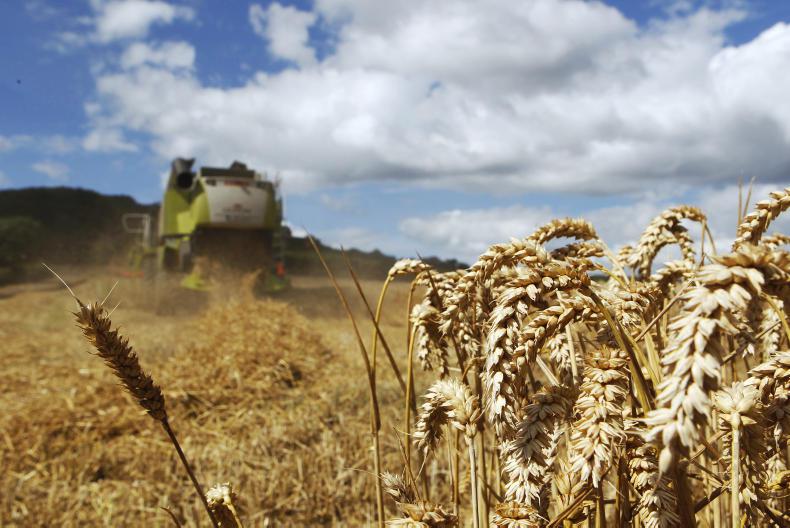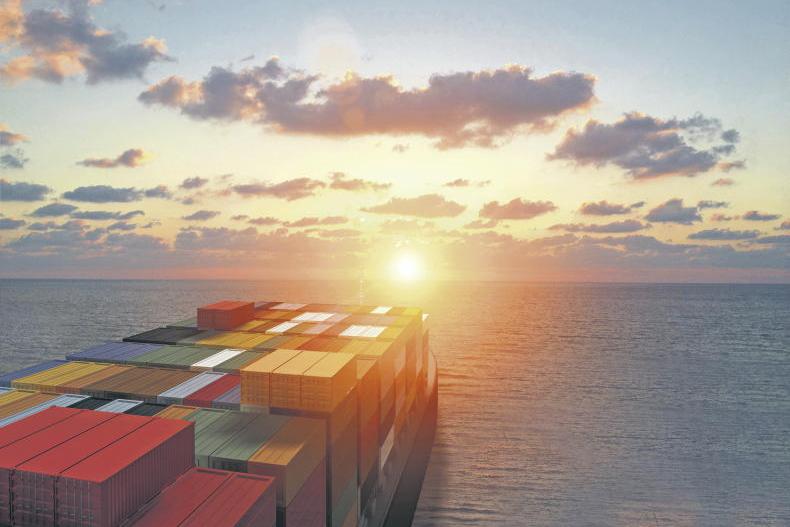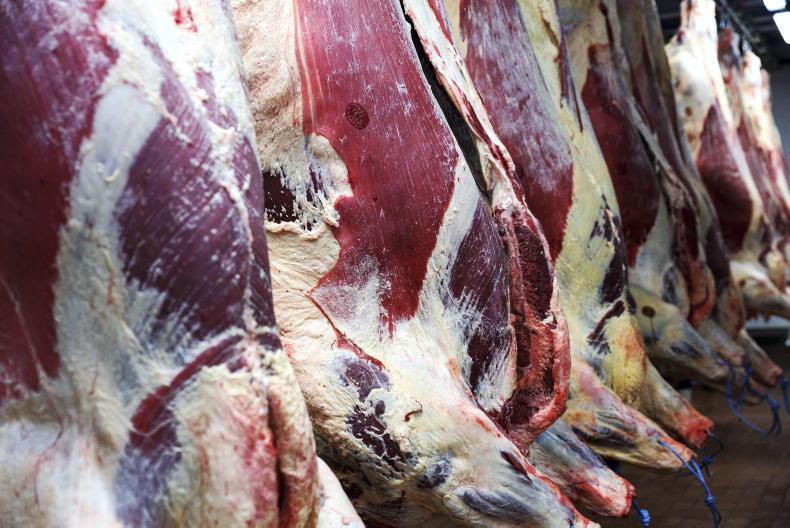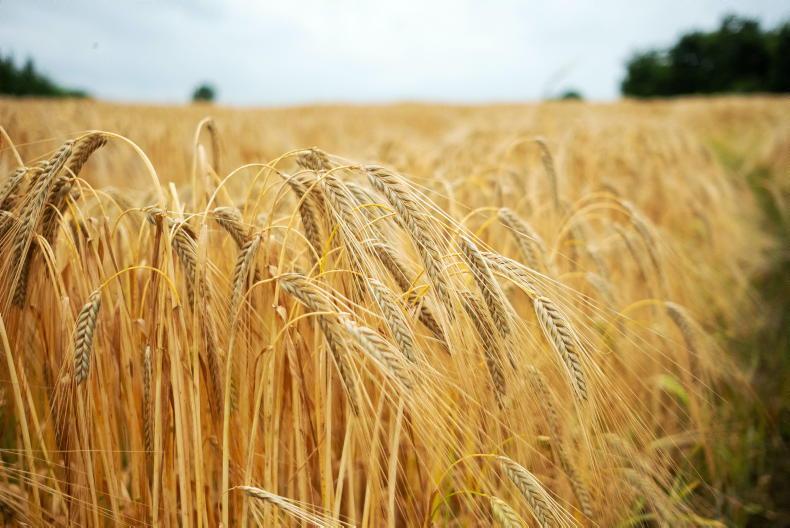Global wheat prices rose again on Wednesday, as political tensions between Russia and Ukraine continue.
Political tensions in the Black Sea are playing a big role in this, according to senior analyst with the Agriculture and Horticulture Development Board (AHDB) Helen Plant.
The latest news relates to comments by the US Secretary of State Antony J. Blinken about the number of Russian troops near Ukraine’s border.
Political and economic events often have more impact on grain prices in our winter, as there’s generally less news about grain supply, explains Helen.
Tension matters
Russia and Ukraine are major exporters of wheat. Further escalation of the tensions could disrupt grain exports from the region.
It could also push up natural gas and/or crude oil prices. In turn, higher natural gas prices could push up fertiliser prices, which are already very high, she explains.
Meanwhile, higher crude oil prices can make it more attractive to use more biofuels, such as those made from wheat or maize. More demand for biofuels increases demand for the grains and vegetable oils they’re made from.
The current export situation
Helen explains that the two countries have exported significant volumes of grain already this season, but there is still much more to ship.
So far in 2021/22, Ukraine’s agriculture ministry reports the country has exported 16.1 million tonne (Mt) of wheat (July to 10 Jan, Refintiv). This equates to two-thirds of the USDA’s latest forecast (24.2Mt).Meanwhile, Russia has exported an estimated 21.1Mt from July to December (Refintiv). SovEcon estimates that a further 2.6Mt could be shipped in January. Combined, this could take Jul-Jan exports to 23.7Mt or 68% of the current USDA forecast (35Mt).Based on the latest USDA forecasts, this leaves around 20Mt to ship before the end of June. This is a significant volume.
It means the market is still vulnerable to any potential disruption to exports from political tensions. As a result, if the political tensions continue, they could offer some support to old crop prices for some weeks yet.
Outlook
The political tensions in the Black Sea region could threaten the market’s ability to access 23% (Ukraine and Russia combined) of those accessible stocks.
If this happens, it could give some further support to new-crop prices. However, this will only be a factor if there are potential issues with the global 2022/23 crop.
Global wheat prices rose again on Wednesday, as political tensions between Russia and Ukraine continue.
Political tensions in the Black Sea are playing a big role in this, according to senior analyst with the Agriculture and Horticulture Development Board (AHDB) Helen Plant.
The latest news relates to comments by the US Secretary of State Antony J. Blinken about the number of Russian troops near Ukraine’s border.
Political and economic events often have more impact on grain prices in our winter, as there’s generally less news about grain supply, explains Helen.
Tension matters
Russia and Ukraine are major exporters of wheat. Further escalation of the tensions could disrupt grain exports from the region.
It could also push up natural gas and/or crude oil prices. In turn, higher natural gas prices could push up fertiliser prices, which are already very high, she explains.
Meanwhile, higher crude oil prices can make it more attractive to use more biofuels, such as those made from wheat or maize. More demand for biofuels increases demand for the grains and vegetable oils they’re made from.
The current export situation
Helen explains that the two countries have exported significant volumes of grain already this season, but there is still much more to ship.
So far in 2021/22, Ukraine’s agriculture ministry reports the country has exported 16.1 million tonne (Mt) of wheat (July to 10 Jan, Refintiv). This equates to two-thirds of the USDA’s latest forecast (24.2Mt).Meanwhile, Russia has exported an estimated 21.1Mt from July to December (Refintiv). SovEcon estimates that a further 2.6Mt could be shipped in January. Combined, this could take Jul-Jan exports to 23.7Mt or 68% of the current USDA forecast (35Mt).Based on the latest USDA forecasts, this leaves around 20Mt to ship before the end of June. This is a significant volume.
It means the market is still vulnerable to any potential disruption to exports from political tensions. As a result, if the political tensions continue, they could offer some support to old crop prices for some weeks yet.
Outlook
The political tensions in the Black Sea region could threaten the market’s ability to access 23% (Ukraine and Russia combined) of those accessible stocks.
If this happens, it could give some further support to new-crop prices. However, this will only be a factor if there are potential issues with the global 2022/23 crop.










SHARING OPTIONS